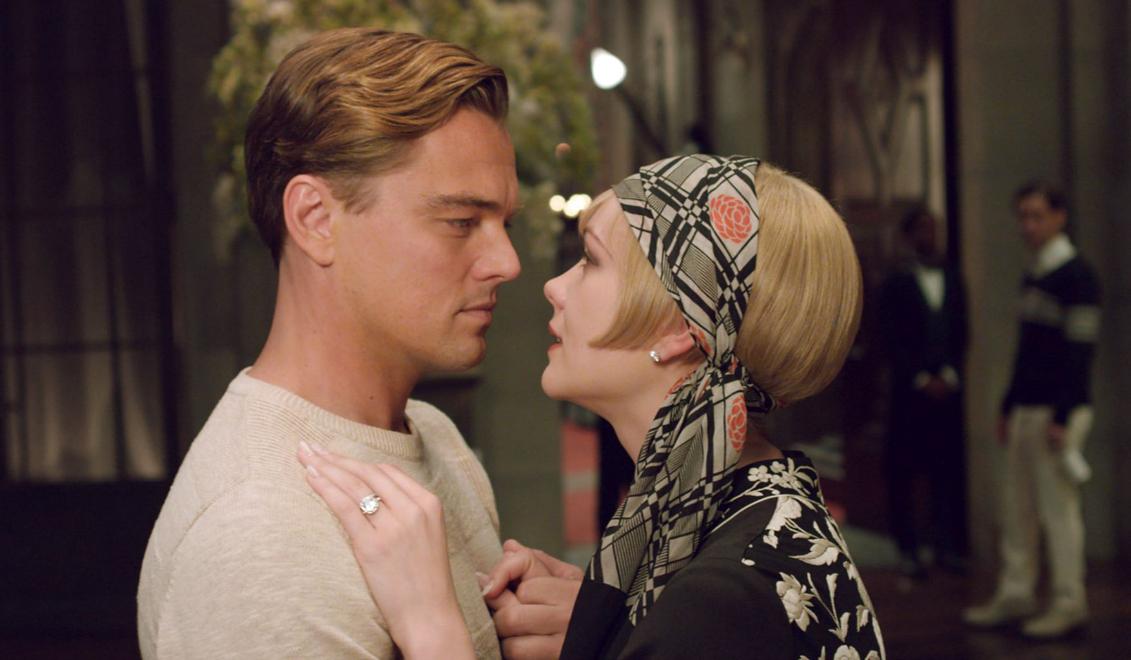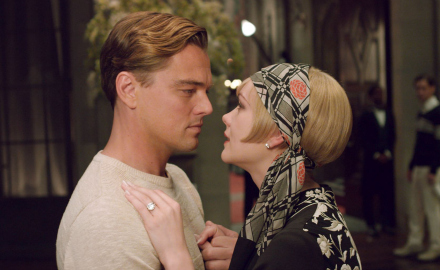This star-studded cinematic remake of America’s favorite classic fails to deliver.
The optimism, excitement and fanfare that surrounded “The Great Gatsby” before its May 10 release is rivaled only by that of Jay Gatsby’s own life. However, unlike F. Scott Fitzgerald’s American classic of the same name, the film, directed by “Romeo + Juliet’’s Baz Luhrmann, delivers an experience that is easily forgotten.

For a movie based on a book, ‘Gatsby’ adheres closely to the script: narrator and forever third- wheel Nick Carraway (Tobey Maguire) moves to New York City during the Roaring Twenties and finds himself at the center of an epic love triangle surrounding millionaire bootlegger Jay Gatsby (Leonardo DiCaprio), Daisy Buchanan (Carey Mulligan) and Tom Buchanan (Joel Edgerton) . The movie craftily chooses all the important aspects of the acclaimed novel and, with its two-hour plus run time, is comprehensive in a Sparknotes-like fashion (you don’t need to have read the book to understand what’s unfolding on the screen). The minor plot deviations are unfortunate, but all integral ingredients for a surefire Hollywood commercial success are present –– romance, mainstream music and illness.
The only Hollywood customization that did feel justified was the induction of some of the greatest stars. Within minutes, Leonardo DiCaprio proves to live up to his astronomical fame; in the end, it’s DiCaprio’s ability to rage with white anger and not his touch of “old sport” to every sentence or his effortless reproduction of Gatsby’s “understanding smile” that convinces us he knows more about Gatsby than we ever will. Maguire’s acting comes a close second to DiCaprio’s impressive performance. Maguire –– DiCaprio’s real-life friend –– humanizes Nick endearingly, even though his character serves no real purpose in the film. Mulligan’s Daisy glitters but isn’t the golden girl Gatsby and readers alike have idealized from the novel. She is instead easily relatable, down-to-earth, emotionally inclined and therefore exactly what she ought not be.
When it comes to embodying the essence of its source, though, ‘Gatsby’ falls flat. The cinematography is a mess of digital enhancements at best, and a complete distraction at worst. The poetic language which Fitzgerald uses to portray Gatsby’s life turns soggy under Carraway’s pen and is interpreted in the movie with animated comets reminiscent of third grade cartoons. Daisy almost suffers death by white linen, and Gatsby reaches out to the green light for what seems like more screen time than Isla Fisher’s character Myrtle even receives, for the sole purpose of making blatantly obvious the otherwise more subtle symbols and qualities of the book. But the ultimate butchering of Fitzgerald’s writing comes when it is interpreted via Nick’s narration in the movie –– it’s written across the screen in a sort of alphabet soup that is reminiscent of childish YouTube lyric videos.
In the end, ‘Gatsby’ is ambitious. It brings together some of Hollywood’s greatest talents, decorates them with upper echelon extravaganza, and lingers on the obvious. It’s a story of lost love that sells to the masses; but it’s not the story that Fitzgerald intended. It has taken away the subtleties and nuances that defined the novel as a uniquely American classic. Just like the ‘20s, ‘Gatsby’ proves to be extravagantly lavish on the surface, but lacking the right substance within.














